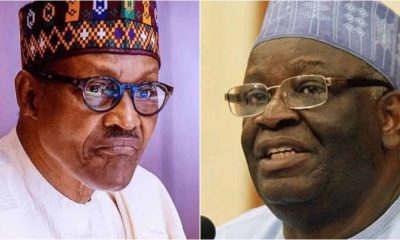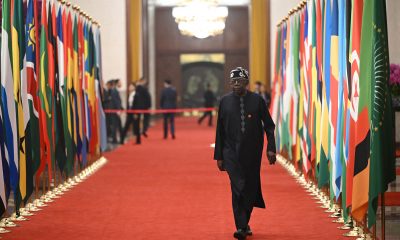Analysts at FSDH Research, says the fiscal deficit in 2019 may be higher than in 2018, and higher than what is projected for the year 2019.
According to the analysts, in order to execute certain plans that will move the economy forward, government may have to increase borrowing or partner with private sector operators on key projects.
An increase in borrowing will increase the interest rate, while partnership with the private sector will expand economic activity and create new job opportunities.
They argued that Nigeria may lose a substantial amount of its projected crude oil revenue due to a limit on crude oil production and the drop in the global crude oil price.
This, they said may also lead to a drop in the supply of foreign exchange into Nigeria, resulting in a possible depreciation or devaluation of the Naira.
Although FSDH Research expects the general election in 2019 to be peaceful, its outcome will determine economic activity and business in Nigeria. A peaceful election will ensure stability of the Nigerian economy and pave the way for the flow of investments, both Foreign Direct Investments (FDIs) and Foreign Portfolio Investments (FPIs) into Nigeria.
According to the experts, there are certain macroeconomic realities that the Nigerian government must contend with in 2019.
Already, the ratio of government’s debt service to revenue is high and at an unsustainable level. Therefore, additional debt, in an environment of rising interest rates, may reduce government’s ability to execute critical programmes that will improve the business environment.
While fixed income investors may enjoy higher yields in 2019 than in 2018, businesses may suffer under rising interest costs. FSDH Research analysis shows that electricity and the pump price of Premium Motor Spirit (PMS) are two key prices that government will need to adjust in 2019 to free up funds for developmental purposes.
The adjustment may increase the inflation rate in the short-term, but it will benefit the economy in the long-term. More investments are required in the power sector than are currently available.
However, the sector may not attract investment in the absence of a cost-reflective tariff. Government already allows an off-grid power supply arrangement based on ‘willing buyer, willing seller’. The tariff at which this arrangement is settled is higher than the tariff for the power from on-grid supply. Appropriate policy responses from government and strategies from the business community may ameliorate the likely negative impacts of these key events in 2019.

 Latest6 days ago
Latest6 days ago
 Trends7 days ago
Trends7 days ago
 Health1 week ago
Health1 week ago
 Football1 week ago
Football1 week ago
 Football1 week ago
Football1 week ago
 Latest1 week ago
Latest1 week ago
 Health1 week ago
Health1 week ago
 Latest1 week ago
Latest1 week ago
